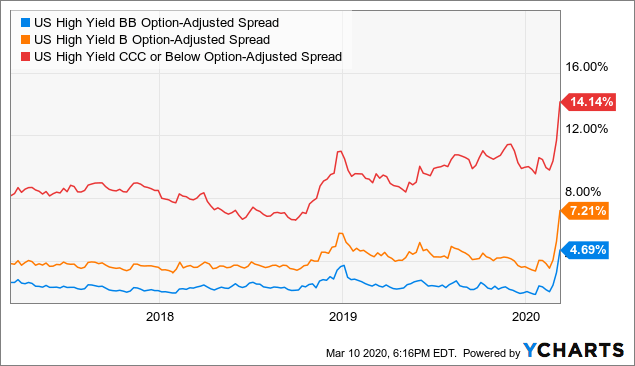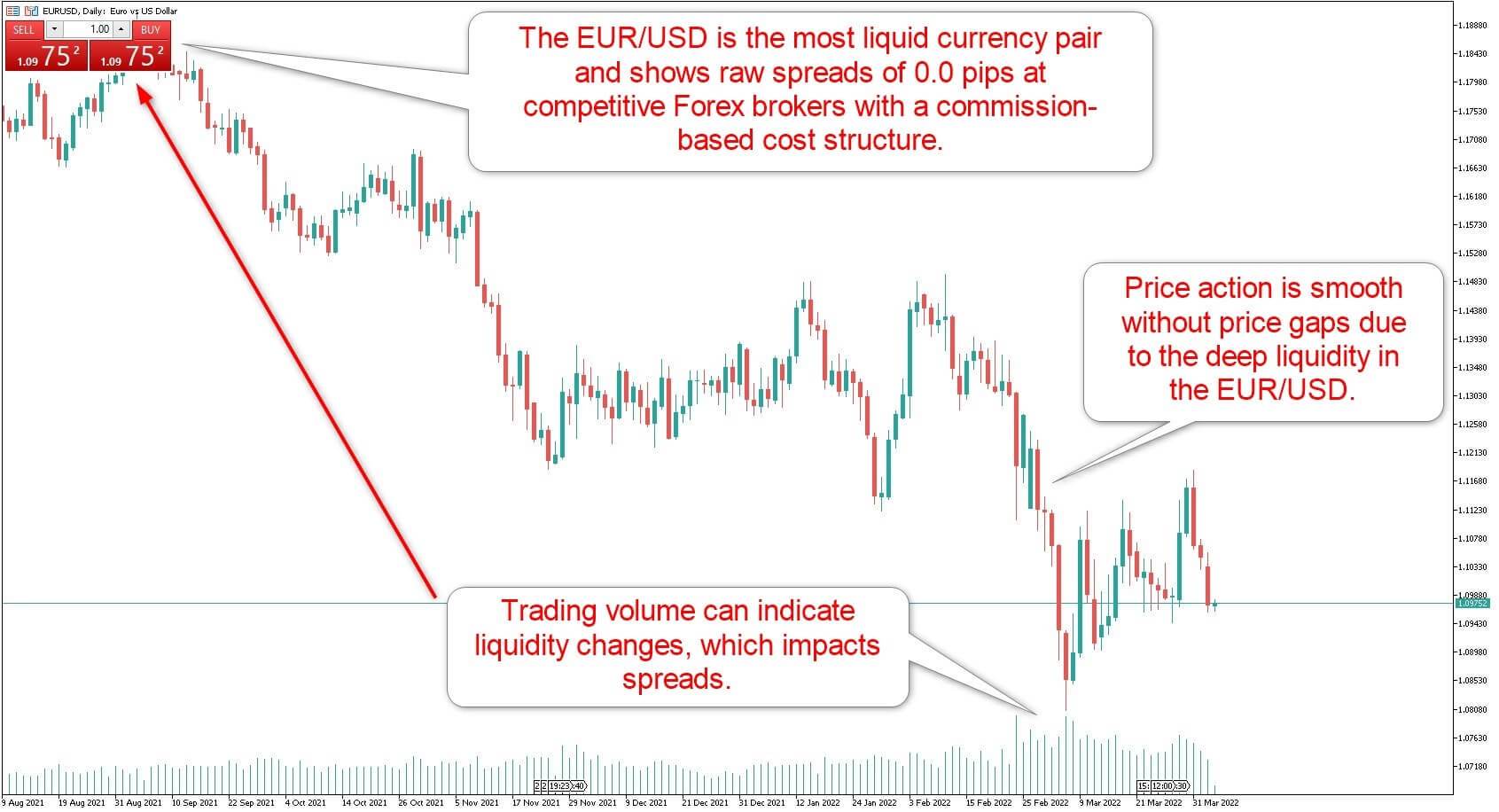
It can be difficult to choose an online stock broker. Many different firms are available, and some specialize in one type of investment or the other. These brokers will often offer educational materials and funds. However, you should pay attention to management costs and other expenses and select a platform that supports you in your investment goals.
Many of the best stock brokers online for beginners offer mobile platforms which allow you to trade and do research while on the move. For beginners who want to make investing easy, they are a great choice. A robo-advisor is also offered by some brokers. This allows you to automate all your investments and avoid paying additional fees. These platforms are a great choice for DIY investors who need to use technical analysis tools or software to help determine which investments are right.
Apart from providing a range of investment options, top online stock brokers for beginners will also provide educational materials and resources. Brokers may also be focused on customer service and offer live chat and support. For beginners, these services can be very helpful.

Online stock brokers that are best for beginners might offer low-cost and low-commission accounts. The best brokers also have a range of educational resources to help you develop your investment strategy and make winning decisions. A majority of beginner investment companies offer retirement accounts, individual brokerage accounts, as well joint brokerage accounts. You need to find the right investment firm if you are looking to build a portfolio.
Beginners will often want to open a brokerage account that allows them to trade on a margin. Margin accounts can help you borrow money to buy securities. This is useful during price spikes. This account also has a higher annual interest rate than the standard account. Some online stock brokers for beginners charge a fee for wire transfers and phone-assisted trades.
Many investors consider their investments as a means of growing wealth. While it can be tempting for investors to invest all their money in the stock markets, there are other options. You might consider investing in low-cost mutual fund investments instead. These funds may also offer low minimum contributions which can make it easier to start investing. These funds can also be used to start investing without having any knowledge of the market.
SoFi Invest is another excellent online stock broker that beginners will love. This platform features a robo adviser, low fees, no commissions, and a trading platform. It also offers cryptocurrency and fractional share investing. Its platform is intuitive for digital natives and has a complete suite of financial products. Although it doesn't have every ETF or stock, it's a great option for people just starting out.

For active traders, IBKR has a wide variety of features, but it can seem overwhelming. Its pricing structure can also be confusing. IBKR Lite is a good option for beginners to the stock market. It includes all features necessary to be a successful investor. IBKR Pro however is best suited for traders and experienced investors.
FAQ
What is a "bond"?
A bond agreement between two parties where money changes hands for goods and services. It is also known to be a contract.
A bond is usually written on a piece of paper and signed by both sides. This document contains information such as date, amount owed and interest rate.
The bond is used for risks such as the possibility of a business failing or someone breaking a promise.
Bonds are often combined with other types, such as mortgages. The borrower will have to repay the loan and pay any interest.
Bonds are also used to raise money for big projects like building roads, bridges, and hospitals.
A bond becomes due when it matures. This means that the bond owner gets the principal amount plus any interest.
Lenders lose their money if a bond is not paid back.
What is an REIT?
A real-estate investment trust (REIT), a company that owns income-producing assets such as shopping centers, office buildings and hotels, industrial parks, and other buildings is called a REIT. They are publicly traded companies that pay dividends to shareholders instead of paying corporate taxes.
They are similar to corporations, except that they don't own goods or property.
How do I choose a good investment company?
You want one that has competitive fees, good management, and a broad portfolio. Commonly, fees are charged depending on the security that you hold in your account. Some companies charge nothing for holding cash while others charge an annual flat fee, regardless of the amount you deposit. Others charge a percentage based on your total assets.
Also, find out about their past performance records. You might not choose a company with a poor track-record. Avoid companies that have low net asset valuation (NAV) or high volatility NAVs.
You should also check their investment philosophy. In order to get higher returns, an investment company must be willing to take more risks. If they're unwilling to take these risks, they might not be capable of meeting your expectations.
What are the benefits of investing in a mutual fund?
-
Low cost - buying shares directly from a company is expensive. A mutual fund can be cheaper than buying shares directly.
-
Diversification – Most mutual funds are made up of a number of securities. When one type of security loses value, the others will rise.
-
Management by professionals - professional managers ensure that the fund is only investing in securities that meet its objectives.
-
Liquidity – mutual funds provide instant access to cash. You can withdraw money whenever you like.
-
Tax efficiency- Mutual funds can be tax efficient. So, your capital gains and losses are not a concern until you sell the shares.
-
Purchase and sale of shares come with no transaction charges or commissions.
-
Easy to use - mutual funds are easy to invest in. All you need to start a mutual fund is a bank account.
-
Flexibility: You can easily change your holdings without incurring additional charges.
-
Access to information - you can check out what is happening inside the fund and how well it performs.
-
Investment advice - ask questions and get the answers you need from the fund manager.
-
Security - you know exactly what kind of security you are holding.
-
You can take control of the fund's investment decisions.
-
Portfolio tracking – You can track the performance and evolution of your portfolio over time.
-
Easy withdrawal - You can withdraw money from the fund quickly.
There are some disadvantages to investing in mutual funds
-
Limited choice - not every possible investment opportunity is available in a mutual fund.
-
High expense ratio - the expenses associated with owning a share of a mutual fund include brokerage charges, administrative fees, and operating expenses. These expenses eat into your returns.
-
Lack of liquidity - many mutual funds do not accept deposits. They must be purchased with cash. This restricts the amount you can invest.
-
Poor customer support - customers cannot complain to a single person about issues with mutual funds. Instead, you will need to deal with the administrators, brokers, salespeople and fund managers.
-
High risk - You could lose everything if the fund fails.
Statistics
- Ratchet down that 10% if you don't yet have a healthy emergency fund and 10% to 15% of your income funneled into a retirement savings account. (nerdwallet.com)
- The S&P 500 has grown about 10.5% per year since its establishment in the 1920s. (investopedia.com)
- Even if you find talent for trading stocks, allocating more than 10% of your portfolio to an individual stock can expose your savings to too much volatility. (nerdwallet.com)
- Our focus on Main Street investors reflects the fact that American households own $38 trillion worth of equities, more than 59 percent of the U.S. equity market either directly or indirectly through mutual funds, retirement accounts, and other investments. (sec.gov)
External Links
How To
How to Trade Stock Markets
Stock trading involves the purchase and sale of stocks, bonds, commodities or currencies as well as derivatives. Trading is French for "trading", which means someone who buys or sells. Traders sell and buy securities to make profit. It is one of oldest forms of financial investing.
There are many options for investing in the stock market. There are three main types of investing: active, passive, and hybrid. Passive investors are passive investors and watch their investments grow. Actively traded investor look for profitable companies and try to profit from them. Hybrid investors use a combination of these two approaches.
Index funds track broad indices, such as S&P 500 or Dow Jones Industrial Average. Passive investment is achieved through index funds. This method is popular as it offers diversification and minimizes risk. You just sit back and let your investments work for you.
Active investing is about picking specific companies to analyze their performance. An active investor will examine things like earnings growth and return on equity. Then they decide whether to purchase shares in the company or not. If they feel that the company is undervalued, they will buy shares and hope that the price goes up. If they feel the company is undervalued, they'll wait for the price to drop before buying stock.
Hybrid investing is a combination of passive and active investing. One example is that you may want to select a fund which tracks many stocks, but you also want the option to choose from several companies. In this case, you would put part of your portfolio into a passively managed fund and another part into a collection of actively managed funds.